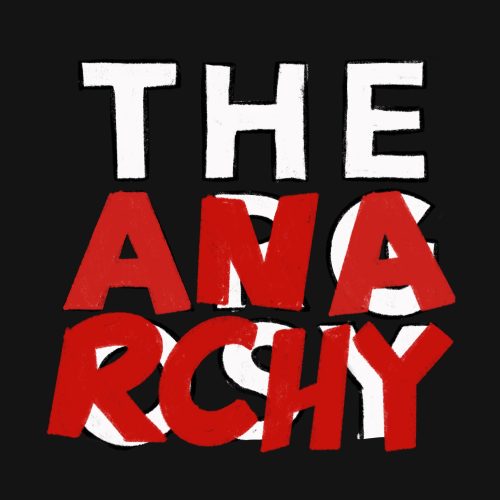The Mount Allison Students Union (MASU) invested $24,000 between four local environmental projects last year, according to a recent report by MASU Sustainability Co-ordinator Adam Cheeseman. Cheeseman presented the 2012-2013 Green Investment Fund (GIF) year-end report at the April 10, 2013 Students’ Administrative Council meeting. Of the seven applications the fund received, six were accepted to the secondary application process, and four received funding: an initiative to ban plastic bags on the Mount Allison campus, an outdoor education centre at Salem Elementary, a proposed car-sharing initiative, and the Tantramar Planning District Commission’s home insulation upgrade program.
Dr. Colin Laroque received $6,000 to develop an outdoor education centre at Salem Elementary School in Sackville, with the money to be spent on “solar panels, windmills, and other carbon reducing energy sources” at the site.
EOS Eco Energy received $5,500 for its Transportation for Tantramar program, which is aimed at reducing the carbon output of Sackville residents by expanding opportunities for common transportation such as van or bus, carpooling, and car-sharing with others.
A recent change in the Sustainability Co-ordinator’s mandate requires the co-ordinator to sit on the Transportation for Tantramar committee. The committee intends to institute a car-sharing initiative in Sackville. If this plan goes through, Sackville would become the first town in New Brunswick to have a program of this nature.
The Tantramar Planning District Commission received $11,000 to extend their basement insulation program. The money will be used to fund a rebate system for a second year. The program has encouraged local residents to insulate their basements, which can cut energy waste by as much as fifty per cent.
Finally, graduating student Rob Burroughs received a $1,500 conditional grant to provide reusable bags on campus, with the intention of eliminating plastic bags at Mt. A.
Cheeseman’s written report indicated that the application from Community Forests International was not funded because it “involved little indication of actual carbon reduction.”
The Dancing Dog Café applied for funding to create a “local, organic garden” for the café to use to sell produce and use as ingredients. The application was denied because “Issues with directly funding and benefitting a local business were brought up.”
These expenditures left the Green Investment fund with $600 in its accounts, which will be used for promotional material for the fund itself.
The Green Investment Fund (GIF) is a MASU initiative that seeks to lower carbon emissions in the Sackville area. In 2009, a referendum question submitted to students was approved, with just shy of seventy-nine per cent of voters in favour of paying an additional ten dollars on top of their MASU fees to support the fund. Students, staff, faculty, and the public can submit proposals to the Sustainability Committee, which allocates funding. The submissions then go through a two-stage selection process, which considers if they meet the GIF’s mandate by lowering the carbon output of the Sackville area.
In past years the fund provided the initial funding for Sackville’s first Habitat for Humanity home and provided the Tantramar Planning District Commission with an initial grant to promote basement insulation in Sackville.





